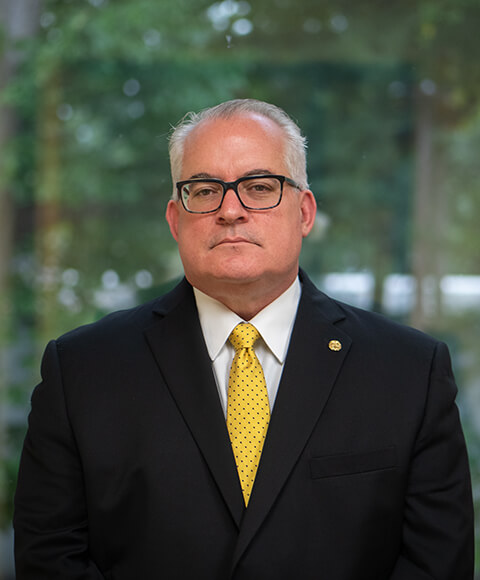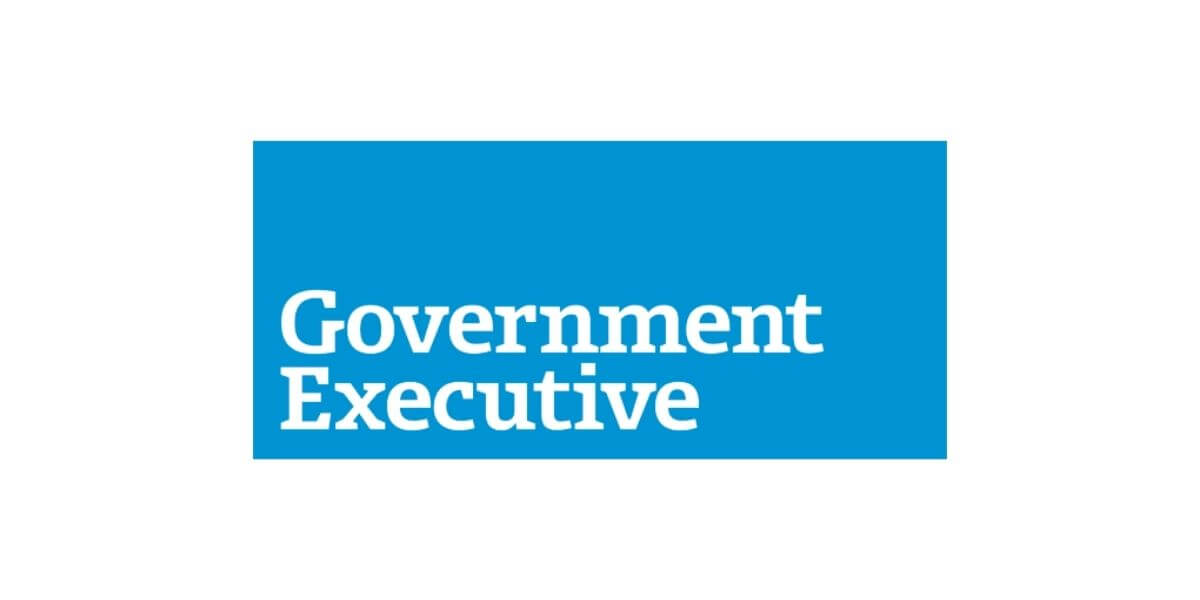WASHINGTON (TND) — The Supreme Court is weighing potential changes to tech liability law that could drastically change how the internet operates.
Justices began hearing oral arguments in Gonzales v. Google on Tuesday morning, a case brought by the family of 23-year-old Nohemi Gonzalez, who was among the 130 killed during the 2015 ISIS attacks in Paris. She was there studying abroad as part of her studies at California State University-Long Beach. Her family has accused YouTube’s parent company Google of violating the Antiterrorism Act by allowing ISIS to post videos on the platform and recommended the videos to users via YouTube’s algorithms.
The Gonzalez family has been unsuccessful in lower courts, which ruled the tech company was protected under Section 230 of the Communications Decency Act, which shields online platforms from liability for content posted on their sites. Tech companies argue without Section 230 protections, they’d have no choice but to take extreme positions on content moderation.
Attorney Dan Meyer, the managing partner of Tully Rinckey PLLC in Washington, D.C., said the court must balance the goal of Section 230 with the goal of the Antiterrorism Act.
“Can you run an internet operation if you’re responsible for everything that comes over the wire? Because it’s not a trickle,” Meyer said. “You’ve got a fundamental issue here about communications, about the freedom of communications and whether you’re actually aiding foreign terrorists when you allow for the dissemination of the information.”
Meyer said it’s possible the court will avoid a clear-cut ruling and send the issue to Congress. He hopes that doesn’t happen.
“They need to be courageous and they need to parse out the statues and they need to decide. I think punting to Congress is a disservice to the court. The court should do its job as justices have done in the past,” he said.
Eliminating or reforming Section 230 is a rare area of bipartisanship among lawmakers. But beyond high-profile hearings, they’ve been slow to act. In the nascent 117th Congress though there has been some momentum on the issue.
“We have not had the will in Congress to fix it and so I’m optimistic that given the challenges we’ve seen from legacy platforms with the lack of oversight, the fact that they have been relevant to increased harm to children, increased harm to our democracy, increased mobilization for terrorism, that we need to hold these platforms accountable,” said Sen. Kirsten Gillibrand, D-N.Y.
New Jersey Republican Chris Smith is among those who believe Section 230 is no longer necessary because the internet has expanded beyond what many imagined was possible when the law was enacted in 1996.
“It seems to me that they ought to be treated just like my newspapers in my district and like broadcasters, that if they cross the line, if they commit some kind of offensive act, they can be subjected to a lawsuit,” Smith said.
On Wednesday, the Supreme Court will hear arguments in a very similar case, Twitter v. Taamneh. It comes from a lawsuit filed by the family of Jordanian citizen Nawras Alassaf, who was killed in a 2017 ISIS attack at a nightclub in Istanbul.
The justices will examine whether Twitter can be liable for ISIS’s use of the platform under Section 2333 of the Anti-Terrorism Act, as amended by the Justice Against State Sponsors of Terrorism Act.




